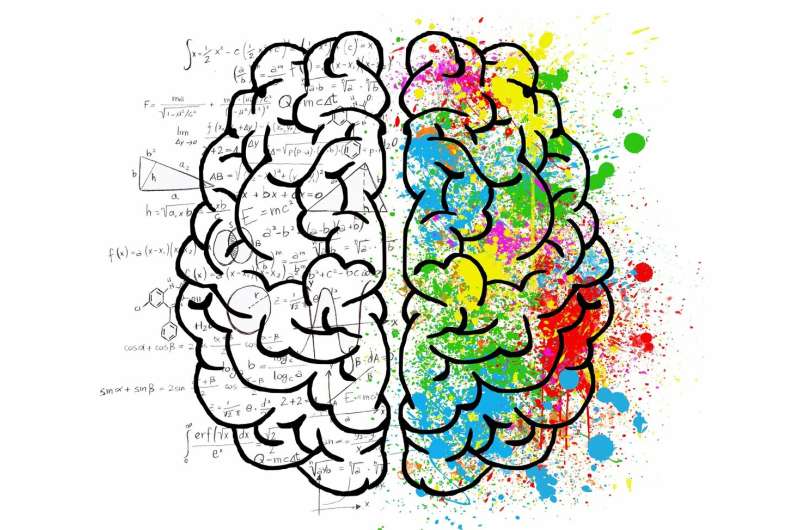Research Links Autistic-Like Traits to Problematic Gaming Motivations

A new study links autistic-like traits to increased escape-driven gaming motivations, highlighting risk factors for problematic gaming and the importance of balanced gaming habits.
Recent research conducted by Charles Darwin University sheds light on the relationship between autistic-like traits and problematic gaming behaviors. The study indicates that individuals with higher levels of autistic-like traits, which do not meet the criteria for a clinical diagnosis, are more prone to engage in gaming for escape rather than social reasons. This tendency may contribute to the development of gaming problems.
The study, titled "A mediation analysis of Autistic-like traits and gaming motivations on problem gaming symptoms: Are the effects of social and escape motives the same?" was published in Addictive Behaviors Reports. It highlights that while many people use gaming as a social activity, those with elevated autistic-like traits are more likely to game to escape real-life stress, problems, or negative emotions.
Surveying individuals who played video games for at least an hour per week—many hours more than half reported gaming over 10 hours weekly—researchers found that autistic-like traits were less associated with social gaming motives. Instead, escape motives had a stronger link to problematic gaming, suggesting that these traits could be a risk factor for developing gaming issues.
Dr. Mal Flack and Professor Kim Caudwell emphasized that understanding the underlying motivations behind gaming can improve intervention strategies. They caution that possessing autistic-like traits does not necessarily lead to problem gaming but recognizing these factors can help foster a balanced approach to gaming.
The research underscores the importance of maintaining healthy gaming habits and avoiding the stigmatization of high gaming engagement. Future studies aim to explore additional influences, such as mental health factors and game preferences, to better understand what drives problematic gaming.
This research offers valuable insights into how specific psychological traits relate to gaming behavior, with implications for preventing and addressing gaming-related problems.
Stay Updated with Mia's Feed
Get the latest health & wellness insights delivered straight to your inbox.
Related Articles
Addressing the Silent Crisis of Aging in Ghana: How to Better Support Elderly Citizens
Ghana's rapidly growing elderly population faces emotional, social, and economic challenges due to increasing isolation and inadequate support systems. Learn how community-based strategies can transform aging in Ghana.
Females with Flexible Personalities Tend to Experience Fewer Eating Disorders
Psychological flexibility plays a key role in reducing eating disorder risk among women. A recent study emphasizes personalized Acceptance and Commitment Therapy as an effective preventive approach. Learn more about how flexible mindsets can improve mental health.
Study Challenges Belief That Orgasms Are the Key to Women's Sexual Satisfaction
A groundbreaking study finds that women's sexual satisfaction is influenced more by emotional intimacy and relationship factors than by orgasm frequency, challenging longstanding beliefs about sex.
New Theory Suggests Psychedelics Promote Right-Brain Dominance and Alter Brain Connectivity
A new theory suggests that psychedelics may induce a dominance of the right brain hemisphere, leading to enhanced empathy, insight, and holistic perception. Researchers explore how these substances alter brain connectivity and promote mental flexibility.



